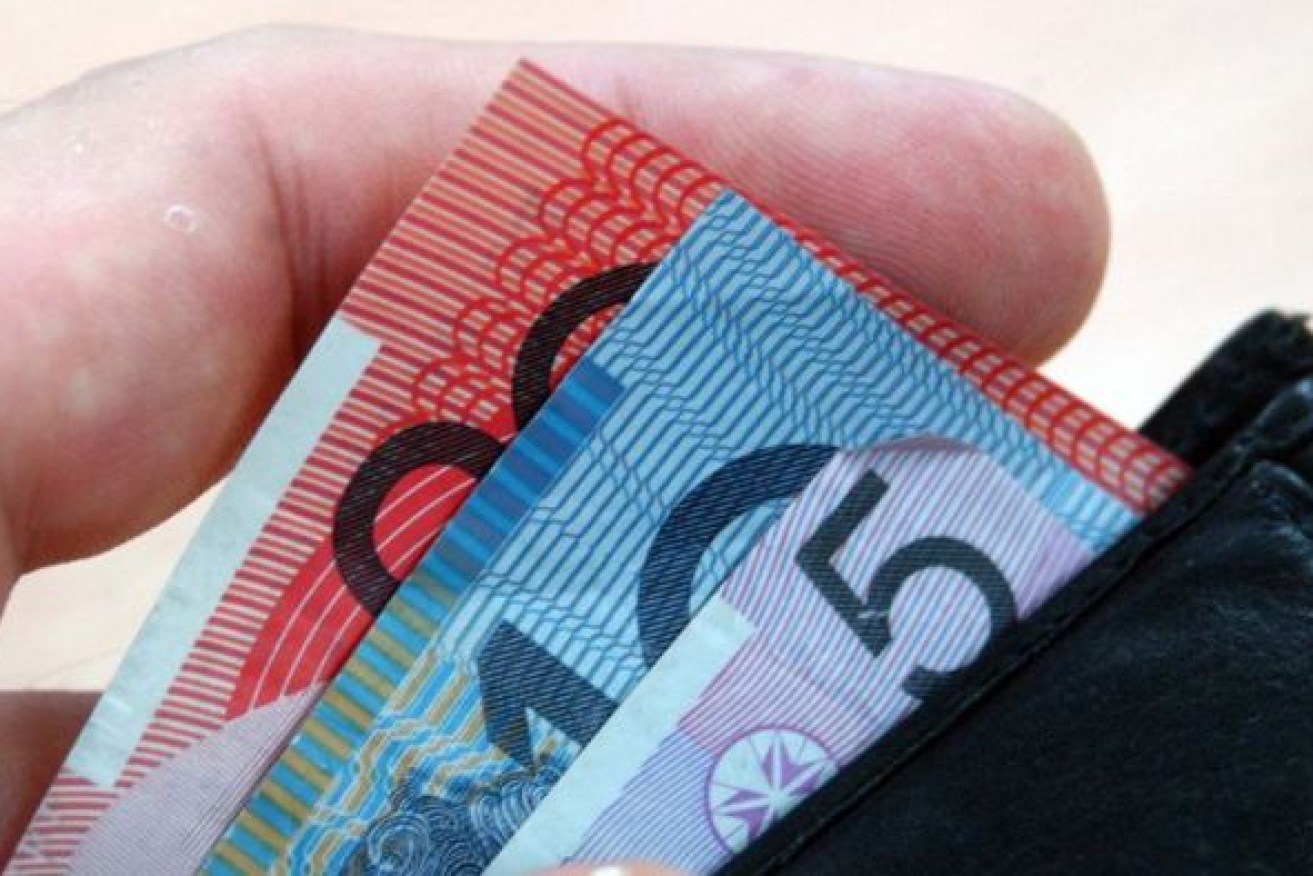Consumer sentiment drops sharply

Australians were not reaching for their wallets in January, with a decline in intentions of buying major household items.
Consumer confidence has fallen to the lowest level since Malcolm Turnbull took over as Prime Minister from Tony Abbott.
The widely watched Westpac-Melbourne Institute Index of Consumer Sentiment fell 3.5 per cent in January to 97.3.
That is now below the level where optimists equal pessimists.
• Tourism boom paying off for Aussie airports
• IMF cuts global forecast
• Bunnings may mop up some Masters disasters
Westpac’s chief economist Bill Evans said that is the lowest reading since September 2015.
“With limited domestic news during the holiday season consumers appear to have been mainly impacted by the spate of negative news on the international front and the spill over effect on financial markets,” he wrote in a note on the data.
Mr Evans said the Australian share market had fallen by 7.6 per cent over the past month, with US and Chinese markets also grabbing negative headlines.
The Australian dollar also fell about 4 cents to 69 US cents, which was likely to have weakened confidence due to lower spending power.
“Not surprisingly these concerns have weighed most heavily on how respondents assess their own financial position,” Mr Evans observed.
“The component of the index tracking views on ‘family finances vs a year ago’ dropped by 9.4 per cent to be at its lowest level since July last year.
“The component tracking expectations for ‘family finances over the next 12 months’ fell 2.3 per cent.”
Confidence is still 4.3 per cent higher than it was a year ago, with unemployment expectations also lower than they were a year ago.
One sub-index bucking the general trend was time to buy a dwelling.
It recorded a surge in January from 99.2 to 113, however it is still 1.4 per cent below where it was in January 2015.
“This improvement in the outlook for housing was also indicated in the Westpac Melbourne Institute Index of House Price Expectations,” Mr Evans said.
“The index increased by 21.1 per cent in January from 103.7 in December to 125.8 in January. The index is still down by 10.2 per cent over the year but this read represents the best result since September 2015.”
Westpac’s economists are holding to the view that the Reserve Bank will leave interest rates on hold over 2016, despite recent market volatility and the dip in consumer sentiment.








